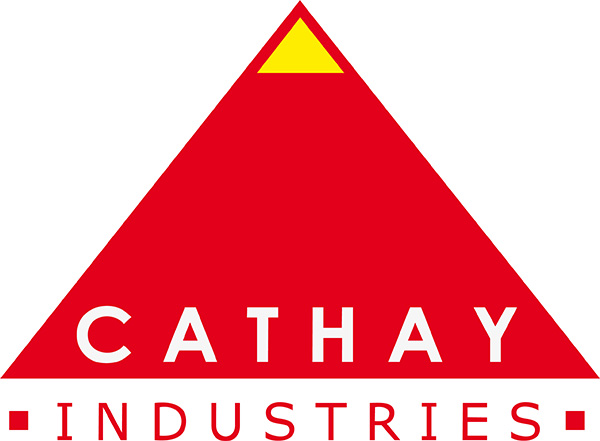Abstract
Polyolefins PO are the most important representatives of thermoplastic organic polymers. As
thermoplastics, PO are mixed and shaped above 200°C (390 F). Due to their organic nature,
PO age significantly at these elevated temperatures due to the presence of oxygen. In
consequence, PO must be stabilized with Anti Aging Materials.
A large variety of Anti Aging Materials were proposed in the past and are still available. Over
time though, only a few general stabilization concepts based “on a handful” of Anti Aging
Materials became dominant. Such general stabilization concepts can cover many general
purpose applications of PO, but show nevertheless some limitations.
This paper discusses one specific limit of current general stabilization concepts, which
is a potential fragmentation of the stabilizer while it is chemically reacting to preserve
the polyolefin substrate in order to prevent the fragmentation of the polyolefin
substrate itself.
An new classification of the discovered organic fragments is proposed, as alternative to the
initial classification upon retention times in GC-MS based analytical procedures. This new
classification allows a better understanding of parameters promoting or in contrast prohibiting
the formation of such organic fragments.
About the Speaker
Klaus Keck was born in 1965 in Germany, is divorced and has 2 adult daughters.
He has nearly 30 years of experience in the polymer industry as well as the topic of modification of
organic substrates with additives. After his study of polymeric chemistry at the Fachhochschule
(technical university) Reutlingen in Germany, he joined various companies in the area of
additives/stabilizers to modify organic (polymeric) substrates. These companies include HOECHST (D),
HOECHST CELANESE (USA), CLARIANT (USA), GREAT LAKES CHEMICAL (USA, B), CHEMTURA (B), SONGWON (CH, South
Korea) and since November 2020 RIANLON Corporation (CN, D).
The vast majority of the time he held positions in technical service & application development.
Currently, at RIANLON, he is in charge of developing the systematic knowledge databases for RIANLON
international technical service activities.
Klaus graduated in 1990 in polymer science from the Technical College (Fachhochschule) in Reutlingen
(Germany) and in 2022 obtained his PhD from Manchester Metropolitan University (UK).
In his leisure time, Klaus lectures courses at the University of Liège (Ulg in Belgium), on topics
including "introduction to polymer physics", "industrial polymerization procedures" as well as
"chemistry and technology of polymers".
Michele Edge obtained her PhD in 1990 working in conjunction with Eastman Kodak and
the British Film Archive on the stability of cellulose ester and polyester motion-picture film.
She has over 30 years of experience in research as a Reader in Polymer Science with >200 publications
in peer-reviewed journals and books. Following her recent retirement, she continues to contribute as a
Visiting Research Fellow.
Most of her research has been carried out in conjunction with industry, focusing on understanding and
improving the performance and stability of polymer-based products and their additive interactions.
Projects have included reformulation of additive packages for metallocene based polyolefins (REPSOL
PETROLEUM), optimisation of additive formulations (GREAT LAKES), novel metal deactivators (CHEMTURA),
controlled photoactivity of titanium dioxide (HUNTSMAN, CRISTAL GLOBAL) controlled release of biocides
(UNILEVER, CROSFIELDS), water-extractable additive fragments from polyolefins (SONGWON, RIANLON)
enhanced sustainability of PVC and PVC additives (BENEVIC, EUROCELL, FLEXITEEK).
More recently, she has provided knowledge transfer to enable environmental researchers identify
microplastics and build a library of polymer and additive markers. She also provides tailored lectures
to industry on the degradation and stabilisation of polymers and, is part of the conference
international advisory board for the Polymer Degradation Discussion Group (pddg.org).

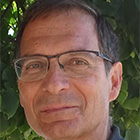
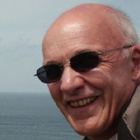
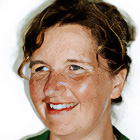





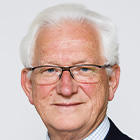
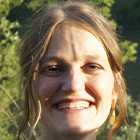

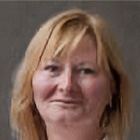
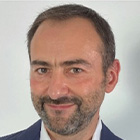
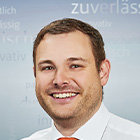
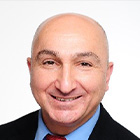
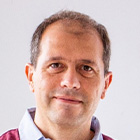
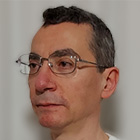
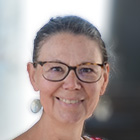
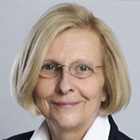
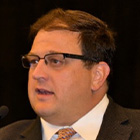
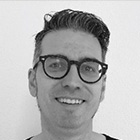
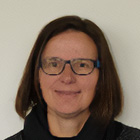
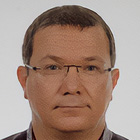

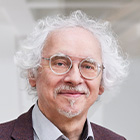








.jpg)
.jpg)
.jpg)

.jpg)

